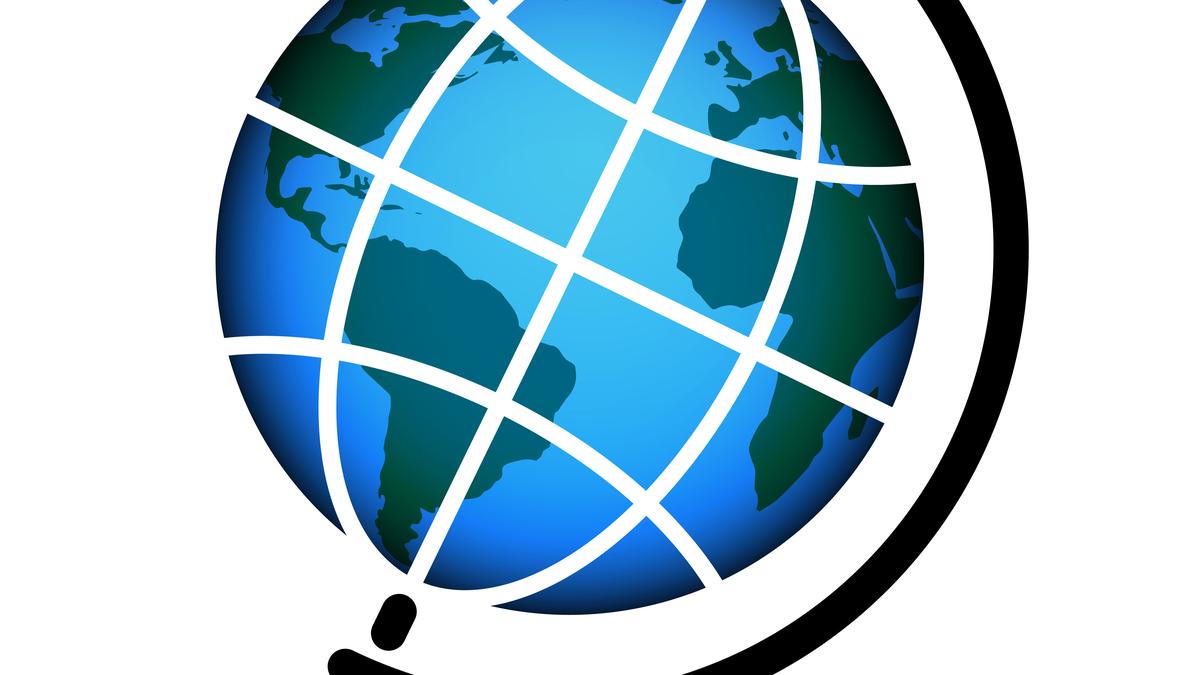‘Global South countries are disillusioned with present economic paradigms, burdened with debt and conditionalities’
| Photo Credit: Getty Images/iStockphoto
In his address in January 2025, in Bhubaneswar, Odisha, while addressing the 18th Pravasi Bharatiya Divas convention, the Prime Minister, Narendra Modi, said, ‘Today’s India not only firmly asserts its own point but also strongly amplifies the voice of the Global South’. Similarly, when India held the 3rd Voice of Global South Summit 2024, last August, Mr. Modi said that India aspires to lead the required reforms to take developing countries into a new, more inclusive structure of global governance.
What has influenced India’s renewed enthusiasm to champion the cause of the developing world? And, how can the country influence change to become an effective global development partner?
Unlike the Non-Alignment Movement (NAM), India’s motivation does not appear to be based on decolonisation or strong criticism of the West. Rather, as India attempts to increase its presence in the Global South, it is simultaneously deepening its relationships with traditional partners such as the United States and Europe. The high-level visit of Jake Sullivan, the former U.S. National Security Adviser, in January, reflects this. Mr. Modi’s visit to Poland, in August 2024, also shows India’s attempt to create new alliances.
The China factor argument
The cynical answer often circles back to India trying to counter China’s growing global dominance. Trends of foreign direct investments in Africa indicate that India appears to be in a race with China, mainly focusing on countries which already have a significant Chinese presence. Further, industrialised countries are thought to be strategically partnering with India to contain China’s rising international footprint. The Quad partnership, an on-going dialogue between Japan, India, Australia and the U.S., for a free and fair Indo-Pacific, is seen as one such attempt. However, the India-China competition does not give the full picture.
India is trying to create an individual identity as an emerging power in its own right to forward its own strategic trade, defence, and geopolitical interests. Global South countries are disillusioned with present economic paradigms, burdened with debt and conditionalities. They are not looking for another China or a new western institution. India can fill this gap while being a bridge between the Global North and Global South. To be successful, India needs to back up its rhetoric with the right strategies.
Steps that India must take
The first is for India to double-down on its call for an alternate paradigm of development cooperation that is not solely top-down, dictated by the Global North. India often lays emphasis on equal partnerships with other developing countries, trying to set itself apart from traditional powers. In practice, it signals otherwise by putting forward strategies with an India-first approach.
The newly announced ‘Global Development Compact’ aimed at facilitating growth in the Global South, was described as rooted in Indian experiences and strategies. India’s development story as an emerging power and being the world’s largest democracy makes it unique. However, it does not hold all the policy answers. It would merit India to not only assert itself as a provider of knowledge but also be open to learning from other Global South countries to address its domestic challenges. Countries are bound to be more receptive toward a country that views them as partners. Otherwise, India may also be perceived as a big brother imposing traditional donor and recipient relationships.
Second, New Delhi has laid stress on a more human-centric approach to tackle developmental challenges. This has been defined at international fora towards promoting behavioural change via Mission LiFE (‘Lifestyle For Environment’), which encourages low consumption lifestyles. While important, the need is to rebrand human-centric development in order to focus on building human resource and capacity, especially to tackle future sustainability challenges. Skill India or schemes that mainstream women into entrepreneurship, will be attractive for countries in the Global South which are also seeking to grow their domestic industry. India’s capacity building strategy has tended to revolve around the Indian Technical and Economic Cooperation (ITEC) programme, which implements sector-specific short-term activities. It would be more effective for longer term engagement to assist countries in creating their own institutional capacity to create a better workforce. India can leverage its experiences with micro, small and medium enterprises to foster exchanges. A focus on digital infrastructure, climate and energy solutions as well as water and food security are key areas for cooperation.
The goal ahead
Lastly, India has called for more inclusive global governance. The nation demonstrated this intent by championing the addition of the African Union into the G-20 (in 2023) during India’s presidency. India should not be content with facilitating changes in established international institutions but also learn to build domestic capacity. As India aspires to become a stronger global development player, it must establish norms, standards and systems to work with partner countries. Initially, it is beneficial to use existing institutional channels of partners such as the United Nations or Germany and France that are more experienced in development cooperation. However, the long-term goal should be for India to create its own robust domestic systems for international cooperation. Trilateral partnerships and increased engagement with new partners need to be seen as a learning by doing process, where India imbibes its experiences to scale up India-led global initiatives.
India aspires to be the ‘Voice’ of the Global South, but it also must ‘listen’ to be a good leader. When India spearheaded NAM, the country showed the world that there is a new, third option for developing countries. India should not miss out on an opportunity to do the same thing now.
Pooja Ramamurthi is an Associate Fellow at the Centre for Social and Economic Progress (CSEP), New Delhi. The views expressed are personal
Published – February 11, 2025 12:08 am IST

